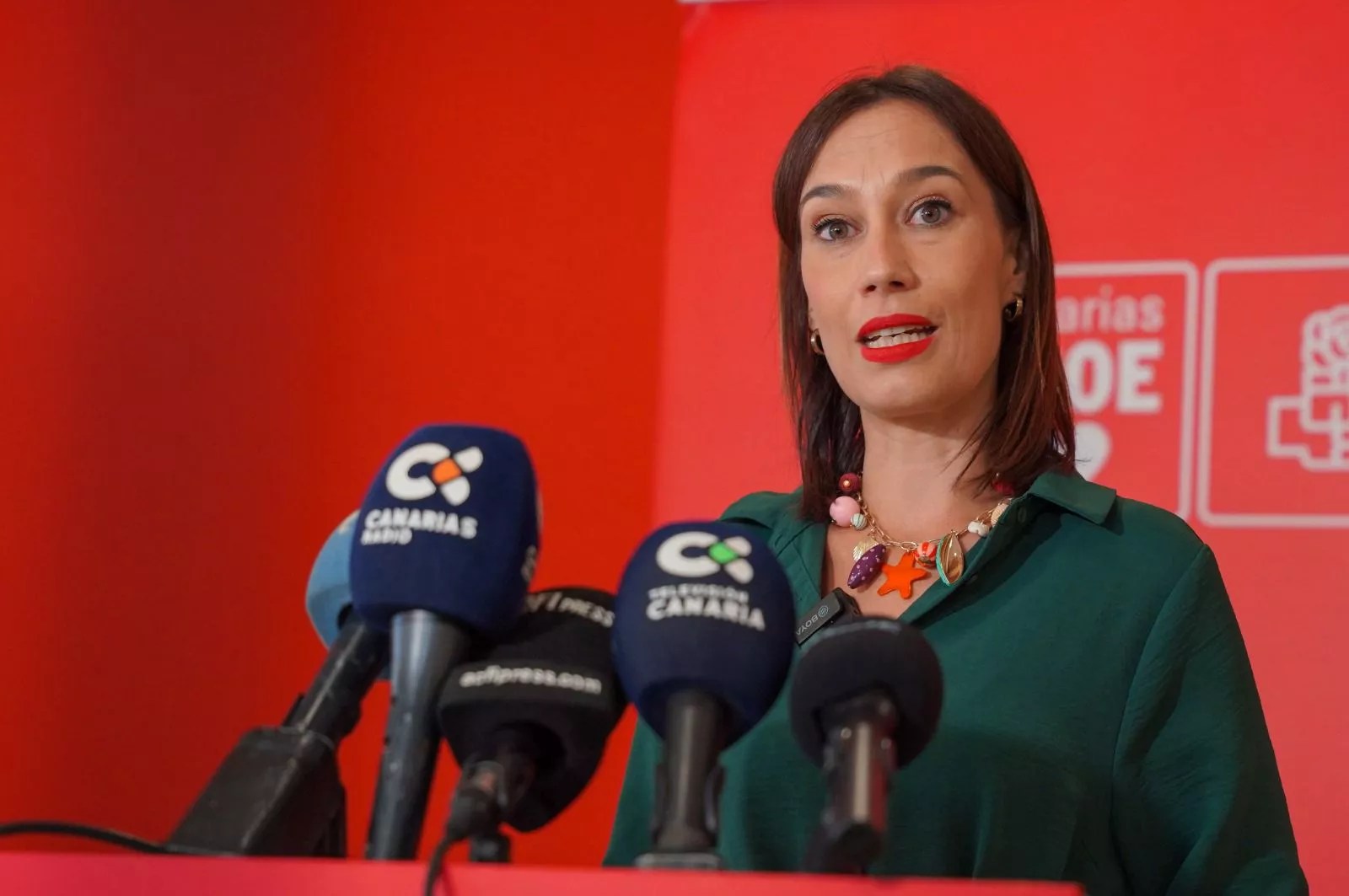
SANTA CRUZ DE TENERIFE, 19th June (EUROPA PRESS) –
The Minister of Eco-Friendly Transition and Energy of the Government of the Canary Islands, Mariano Hernández Zapata, conducted a meeting with the Provincial Union of Business Owners of Santa Cruz de Tenerife (CEOE-Tenerife) to introduce to the sector the crucial points of the adjustment of the Legislation of Climate Change and Energy Transition of the Canary Islands, along with the opportunities for economic expansion it will bring for the islands.
During the meeting, Mariano Hernández Zapata stressed the necessity for collaborative efforts “to progress the safeguarding of the environment while boosting the use of renewable energies and the creation of wealth for the Canary Islands.”
In this context, the advisor pointed out the administrative streamlining, the reduction of red tape, and the enhancement of legal certainty that has been implemented in the Legislation to “facilitate companies in setting up their renewable energy projects more efficiently and swiftly, consequently raising the penetration of renewables in the archipelago, which currently stands below 20%.” “The Canary Islands must not waste any more time, given the climate crisis and energy urgency they are facing,” he stated.
Within the scope of this gathering, Hernández Zapata also seized the opportunity to underline another significant aspect of the Legislation, specifically the incorporation of 20% regional involvement in land-based renewable energy projects exceeding 2MW, a move that, as he pointed out, “will help ensure the advantages of this ecological transition can be distributed among the population and yield benefits.”
On his part, Pedro Alfonso, chairman of CEOE Tenerife, articulated that the Canary Islands Sustainable Development Legislation “commenced on the wrong footing due to inadequate dialogue with all parties concerned, particularly the business sector.”
The Provincial Union of Entrepreneurs believes that “this revision indeed has the principal elements to be an effective law,” emphasising issues such as “energy efficiency via renewable energy production, the handling of natural resources, waste and recycling across all sectors constituting the business structure of the islands, or the safeguarding of ecosystems as part of our unique identity as European Islands.”
According to Alfonso, a legislation of this nature “should not solely rely on penalties and bureaucratic rules but should rather contribute to the sustainable upgrading of the Canary Islands with a strategy that cannot neglect business owners, who are ultimately responsible for its enforcement and the development of infrastructure through a public-private partnership.”
Also in attendance at the meeting were the Deputy Minister of Eco-Friendly Transition, Combat against Climate Change, and Energy of the Government of the Canary Islands, Julieta Schallenberg, and the director-general of Eco-Friendly Transition and Combat against Climate Change, Ángel Montañés, with the presence of a large group of business delegates.
















